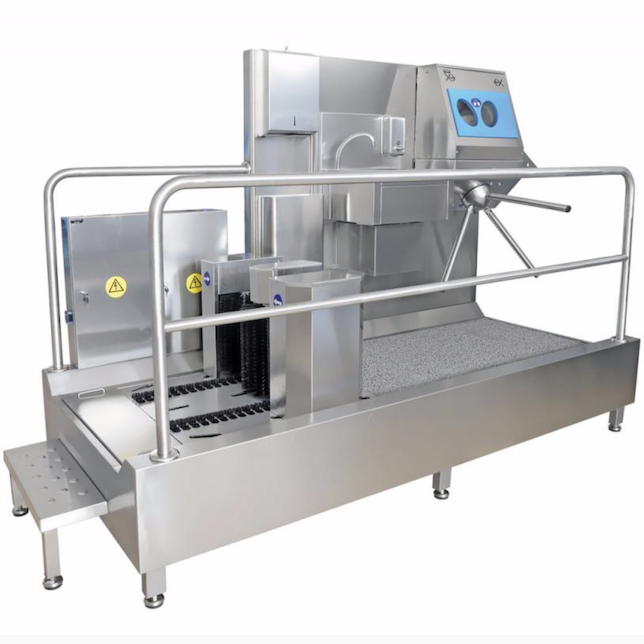Sanitation lines are an important requirement today to meet hygiene and safety standards. Particularly in industrial facilities, food processing plants, healthcare organizations and many other sectors, sanitation lines aim to ensure hygiene and cleanliness in a sustainable manner. Here are a few key points that illustrate the necessity of sanitation lines:
- Epidemic Control and Public Health: Sanitation lines play an important role, especially during periods of epidemics. Maintaining high hygiene standards prevents the spread of microorganisms and pathogens, thus contributing to public health.
- Product Quality and Safety: For food processing plants, sanitation lines are critical to ensure product quality and safety. A clean and hygienic production process ensures that products are safe and fresh.
- Efficiency in Industrial Plants: Sanitation lines increase the efficiency of industrial plants. Automating and effectively managing cleaning processes reduces business process interruptions and optimizes production processes.
- Employee Health and Safety: Sanitation lines are important to protect the health and safety of workers. Clean working environments prevent occupational accidents and health problems and increase employee well-being.
- Compliance with Regulations and Standards: In many sectors, compliance with sanitation and cleaning standards is a legal requirement. Sanitation lines ensure that facilities comply with these standards, ensuring that they are compliant with legal regulations.
- Prevent Product Contamination: In facilities where food, pharmaceuticals and other sensitive products are produced, product contamination can cause serious problems. Sanitation lines ensure product safety by minimizing the risks of such contamination.
- Environmental Friendliness: Sanitation lines can make cleaning and disinfection processes more efficient and environmentally friendly. This is a significant advantage not only for the business, but also for the environment.
As a result, sanitation lines have become a necessity today, helping businesses to raise hygiene standards, optimize production processes and reduce their environmental impact. These lines contribute to operational success by making plants more sustainable and reliable.
